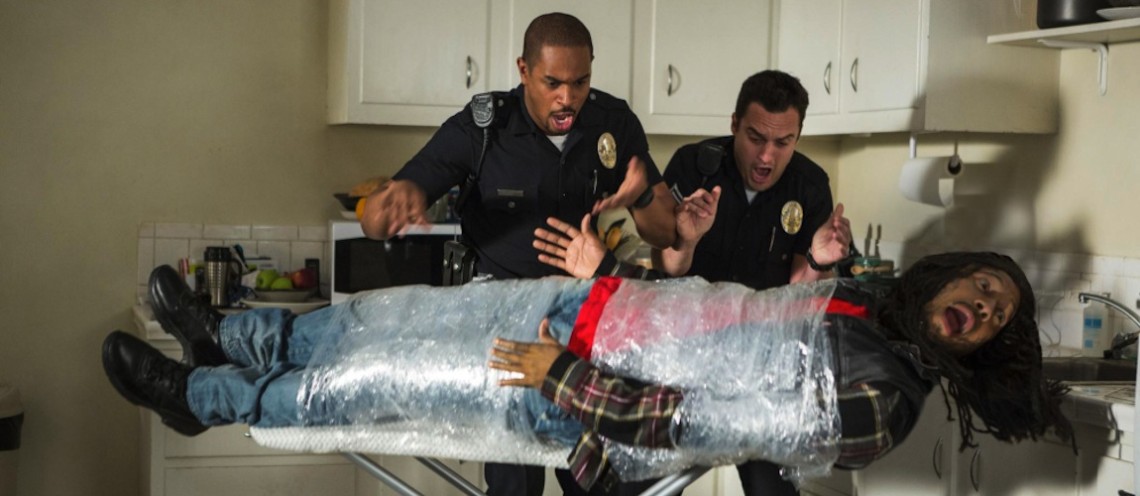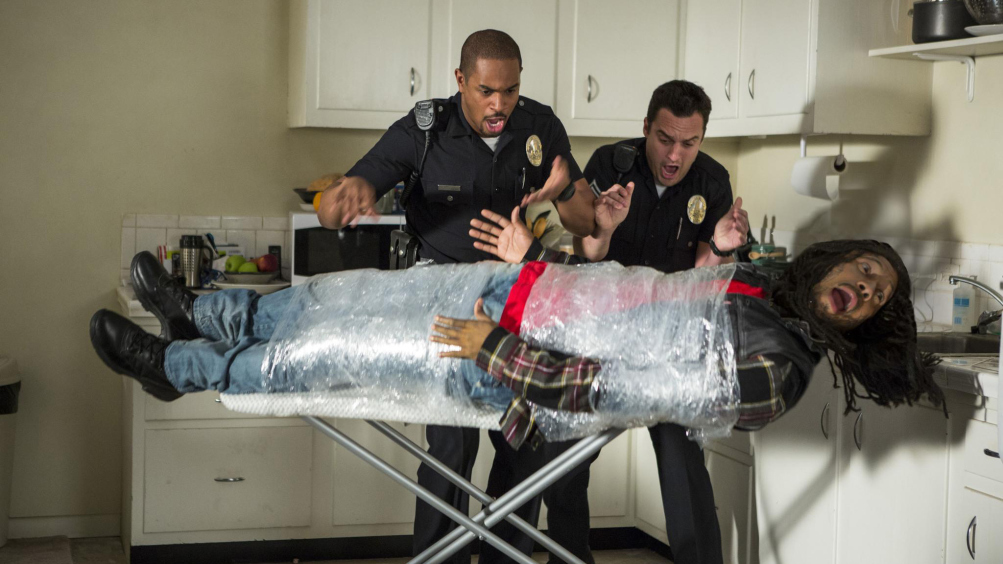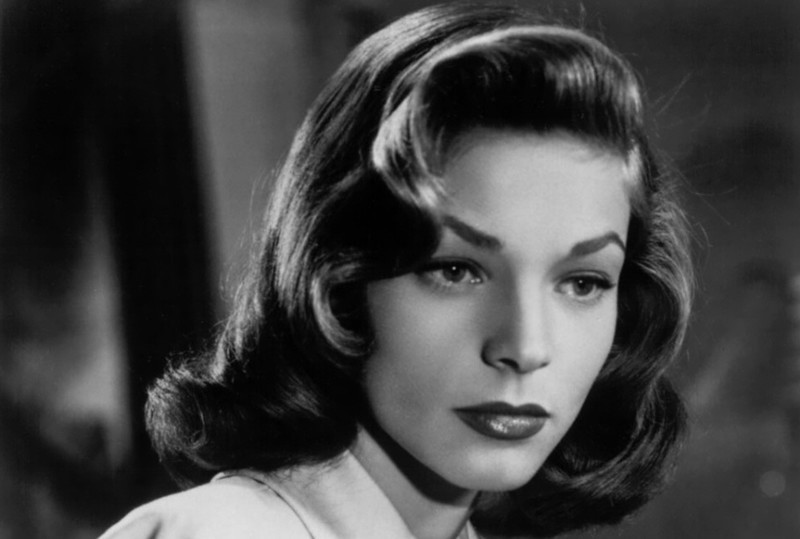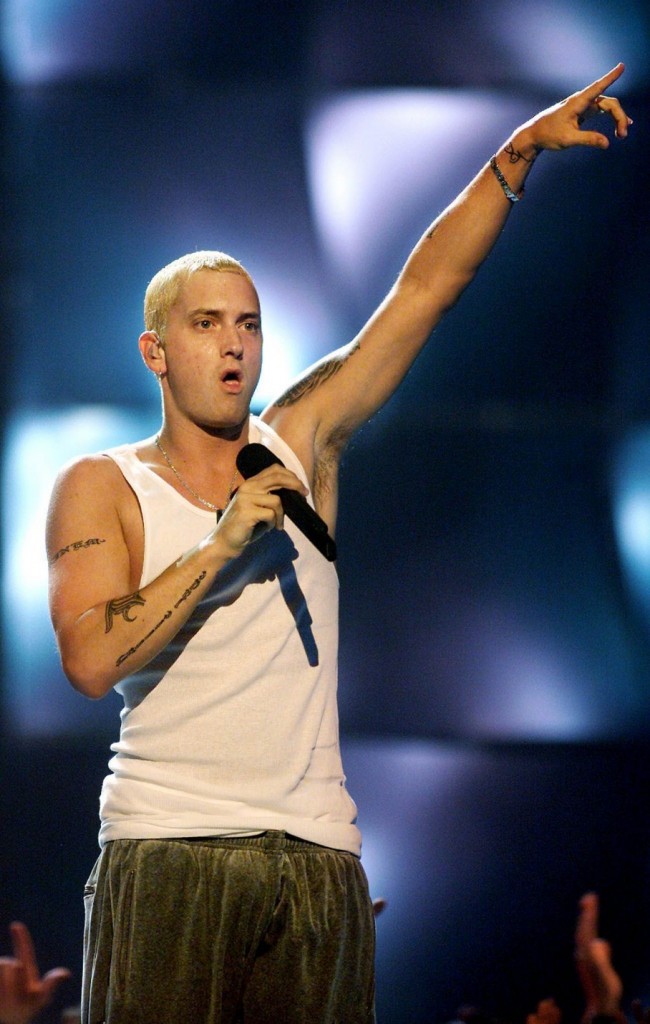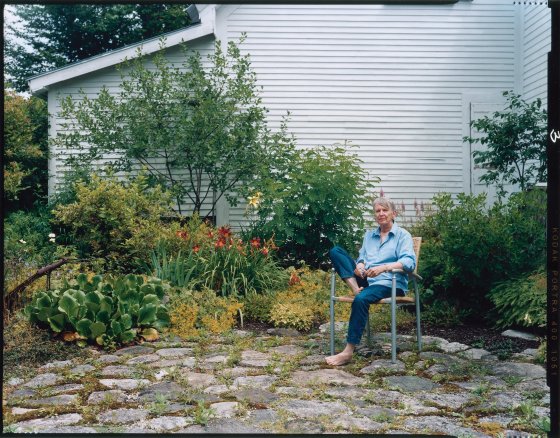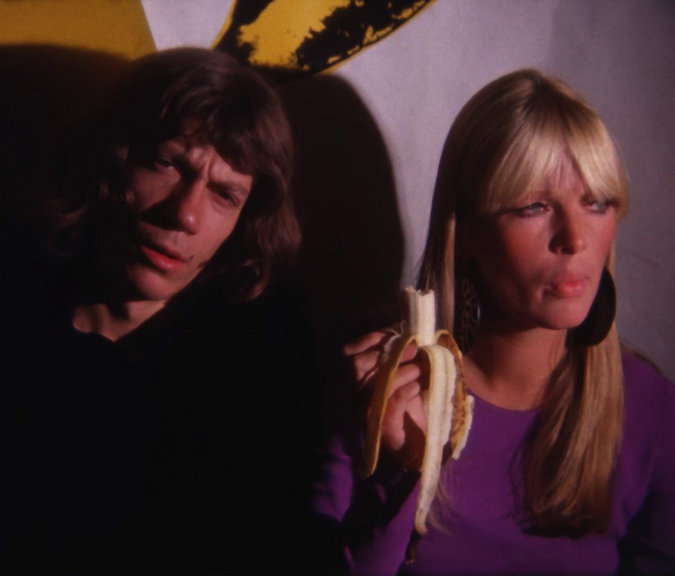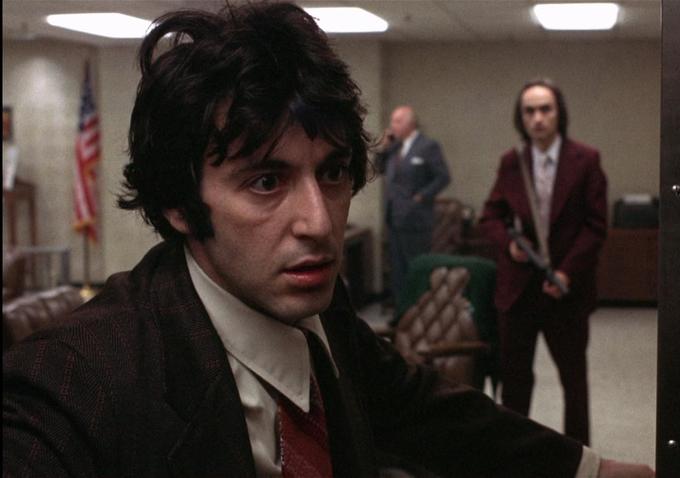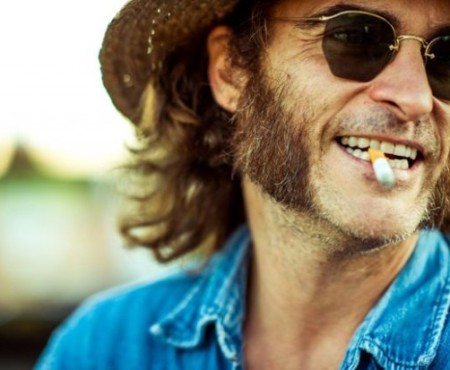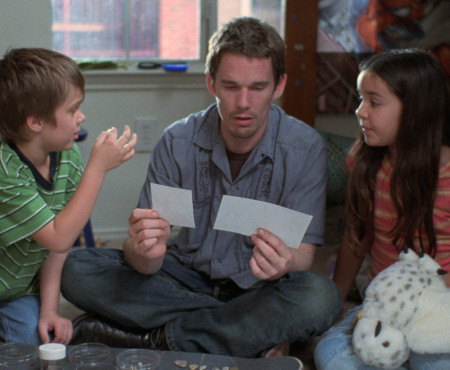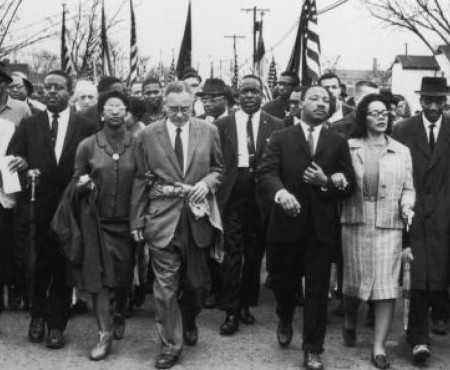Every week, With a Little Help from Our Friends highlights the best pieces of writing on film, television, and literature published around the Internet. Check out the links, and feel free to share more good stories in the comment section.
For your reading enjoyment …
“Let’s Be Real: ‘Let’s Be Cops,’ cop movies, and the shooting in Ferguson” by Wesley Morris
“Who knows what was on anyone’s mind when this movie was being made? But inasmuch as realism exists in a dumb farce, the whispers of race relative to the police resonate. American popular culture harbors the same richly mixed feelings about law enforcement (the heroism, the villainy, the foolishness) as it does about black men (rinse and repeat the previous aside). Occasionally, the mixed feelings meet in the same film, as they do with Sidney Poitier’s three outings as Detective Virgil Tibbs and during a lot of the career of Denzel Washington, whose highlights include explosive stints on both sides of the law.”
“Robin Williams (1951-2014), Oscar-winning actor and comedian” by Noel Murray
“The line between Williams the man, Williams the stand-up comedian, and Williams the thespian weren’t always clearly defined, which may be why he didn’t always get his due as an actor. But he was beloved by the people who worked with him, who spoke of his generosity and his willingness to keep everyone on the set entertained.”
“Lauren Bacall: 1924-2014” by Dan Callahan
“But Betty Perske was actually a very shy and insecure young girl. Throughout her life as a movie star named Lauren Bacall (a name chosen by her mentor Hawks), she liked her friends to call her Betty.”
“As a filmmaker, I regularly tour around the major arts venues and cinemas in the UK and abroad and, despite their fighting the good fight and being run by lovely, committed people, too many of them feel exclusive. The taxi driver who drops you off at them has never been inside. They’re too narrow, too defined by class.”
“A brief guide to defending your favorite politically offensive pop culture” by Alyssa Rosenberg
“I am not a big fan of punishing ourselves for reactions to art that are not politically compliant with whatever ideologies we might subscribe to. Instead, our reactions to art can be an interesting place to figure out the boundaries of our politics and the weak spots in our beliefs. It is much more interesting to explore these reactions than to deny ourselves the opportunity to experience them.”
“Talking to Lois Lowry About the Movie Version of The Giver” by Alexis Swerdloff
“’And I had a little trouble with the ending: In the book, it’s ambiguous, but the movie people—and when I say ‘movie people,’ I mean primarily Harvey Weinstein, the head-honcho guy with the power and the money—felt that the ending should not be so ambiguous. You know, I’m a writer, I like to retain subtlety and nuance.’”
“Digitizing Warhol’s Film Trove to Save It” by Randy Kennedy
“Now the Andy Warhol Museum in Pittsburgh and the Museum of Modern Art, which holds Warhol’s film archives, are beginning a project to digitize the materials, almost 1,000 rolls, a vast undertaking that curators and historians hope will, for the first time, put Warhol’s film work on a par with his painting, his sculpture and the Delphic public persona that became one of his greatest works. It will be MoMA’s largest effort to digitize the work of a single artist in its collection.”
“Why ‘Dog Day Afternoon’ Should Be Remembered as a (Great) Queer Film” by Kyle Turner
“There’s a false hardened quality to it, very much a performed masculinity. Perhaps this aspect makes the film’s queer content, especially with regard to it applying to Sonny himself, so interesting. While neither the film nor the person seems to consciously want to challenge our notions of what queer means or what performance means in any kind of overt way, it’s important to understand that it registers regardless. So, while Al Pacino’s hyper-macho performance isn’t necessarily subverting any preconceived notions of queer performance (he doesn’t have a high voice or a lisp, he’s not dainty, he doesn’t fit cleanly into a box), for 1975, it was nonetheless an often unseen version of what it was to be queer.”
“Jake Johnson Is the Greatest Drunk Actor of Our Time” by Jesse David Fox
“This is not to say that Johnson has been typecast or that he is playing these roles the same way. Quite the opposite. Johnson is extraordinary at playing men who can only be themselves when they drink. Who that self actually is varies wildly, especially in his film roles, where he brings remarkable nuance to each character’s drunken state.”
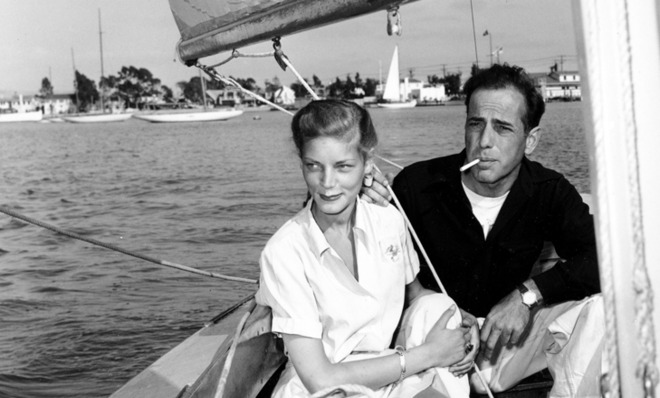 “Lauren Bacall’s remarkably honest account of Humphrey Bogart’s death” by Kelli Marshall
“Lauren Bacall’s remarkably honest account of Humphrey Bogart’s death” by Kelli Marshall
“From the beginning of Bacall’s account of her husband’s illness, the reader is asked to pay special attention to Bogart’s physical body — an unexpected move that dispels the aura of one of Hollywood’s biggest stars. Scholar Richard Dyer has talked at length about how a star’s body provides the ‘raw material’ from which his or her image is ultimately fashioned: Marilyn Monroe’s body represents sexuality, Paul Robeson’s ‘the nobility of the black race,’ and Judy Garland’s ‘her problems and defiance of them.’”

















